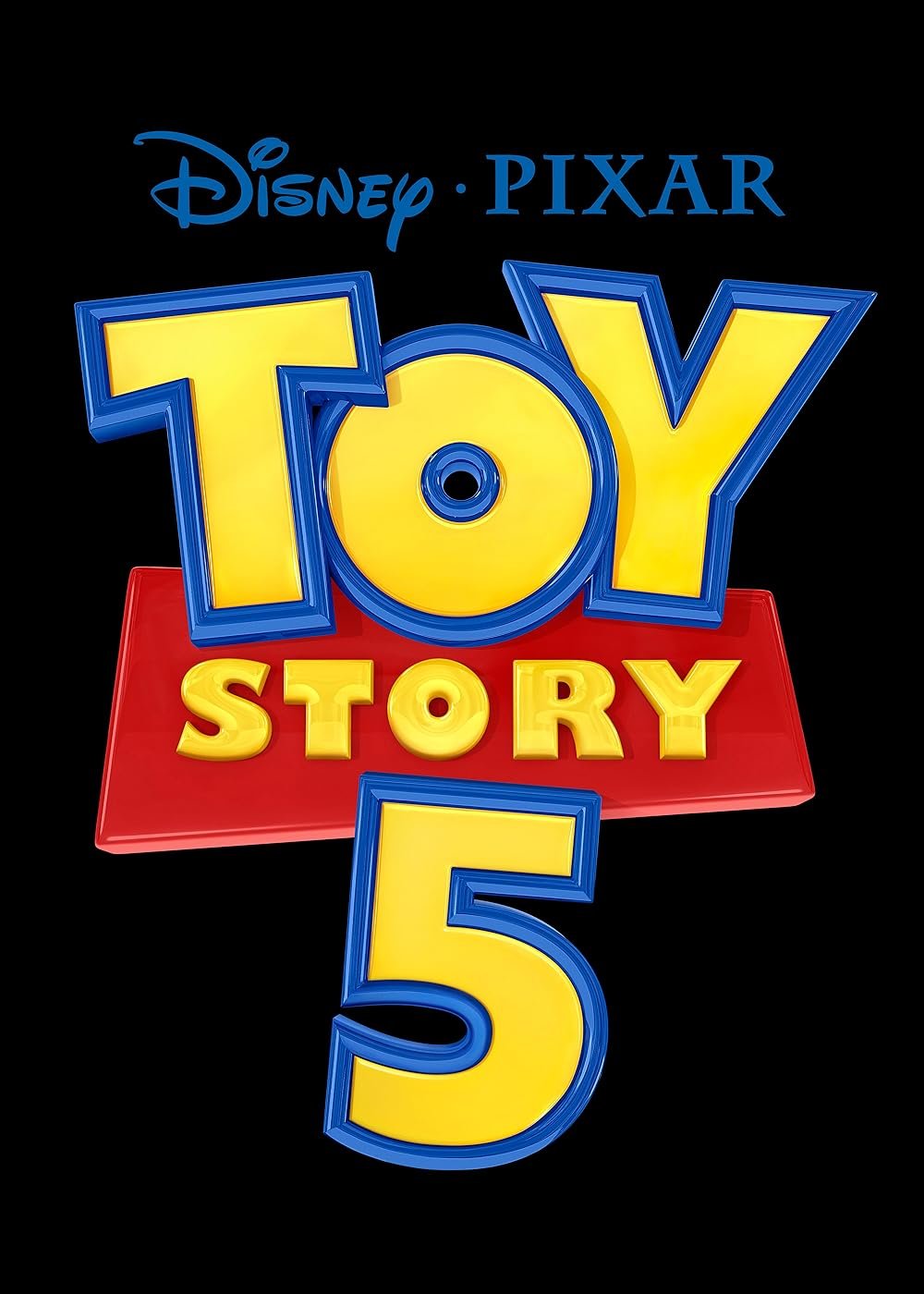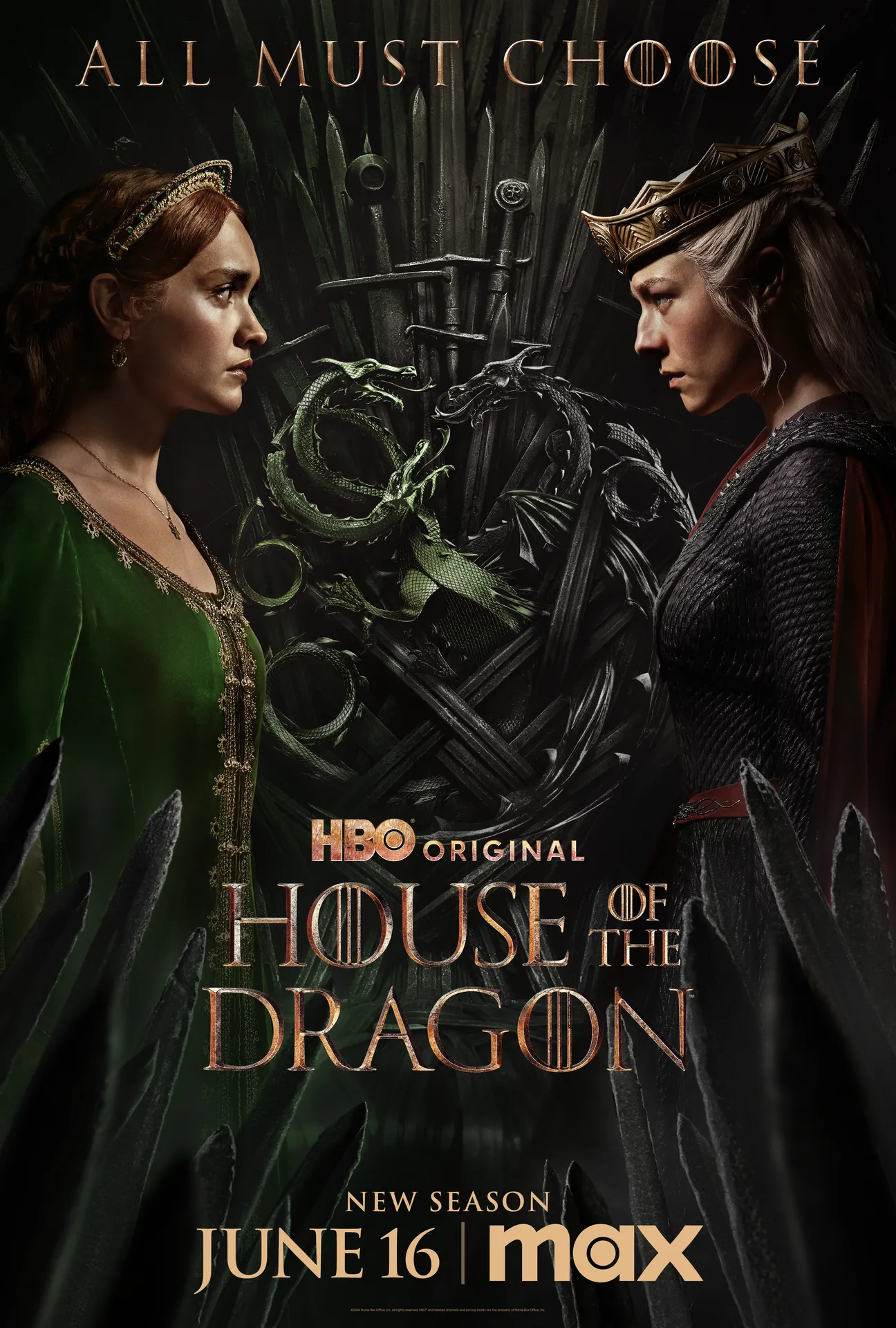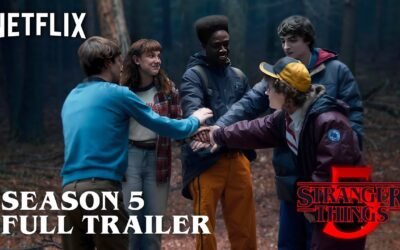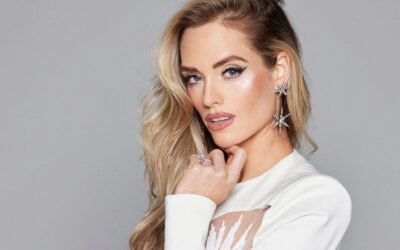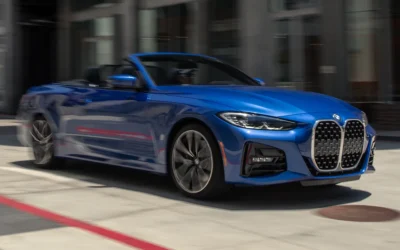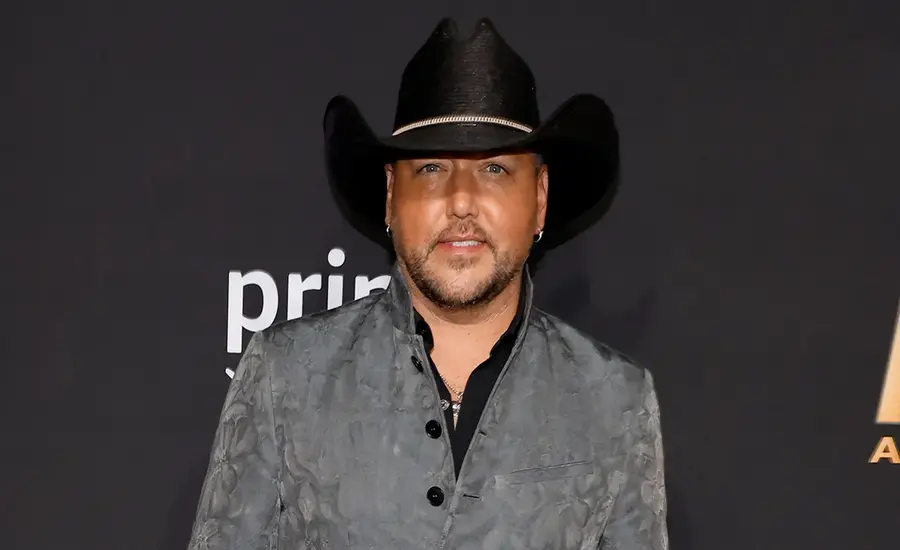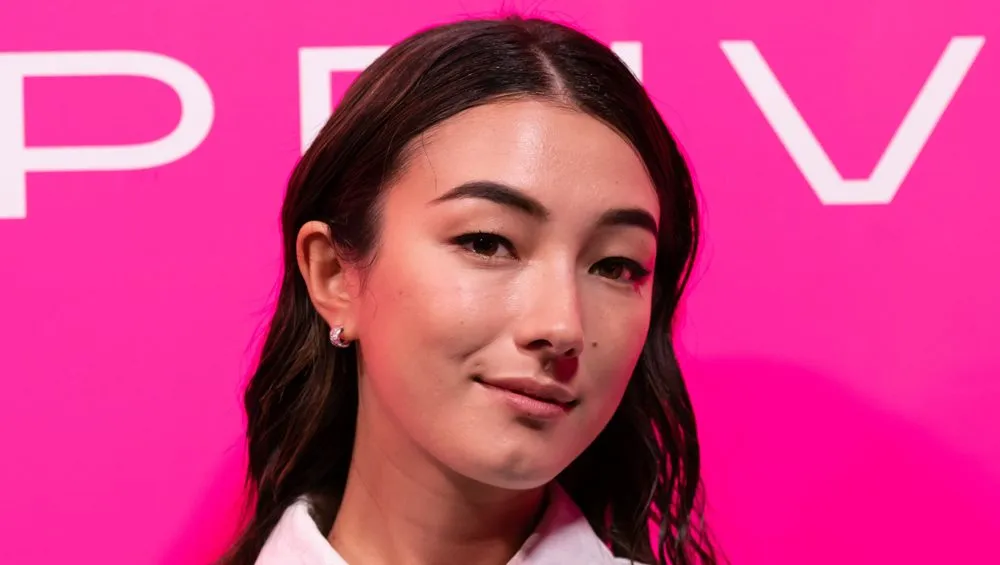Country music has long been associated with storytelling, heartache, and traditions. It’s a genre deeply rooted in rural American life, often focusing on themes like love, family, and small-town values. While it’s usually seen as conservative territory, there’s a growing group of [liberal country singers] shaking things up. These artists are proving that country music can also be a platform for progress, inclusion, and open-minded thinking.
In this article, we’ll dive into the world of [liberal country singers], exploring who they are, what they stand for, and how they’re redefining the boundaries of this beloved genre.
What Does It Mean to Be a Liberal-Country Singer?
Like everyone else, country singers hold various political and social beliefs. While traditional country music has often leaned toward conservative values, [liberal country singers] represent a refreshing change. These artists use their voices and platforms to advocate for causes like equality, LGBTQ+ rights, environmental protection, and more.
Being a liberal in the country music world isn’t just about politics—it’s about embracing diversity, fostering inclusion, and challenging outdated stereotypes.
The Evolution of Liberal Voices in Country Music
The rise of [liberal country singers] didn’t happen overnight. For much of the 20th century, country music reflected the conservative, rural communities from which it emerged. However, as society progressed, so did the genre.
- 1960s and 1970s: Folk influences brought progressive themes into country music, and artists like Johnny Cash and Willie Nelson began addressing social justice issues.
- 1990s: Women like Shania Twain and the Dixie Chicks (now The Chicks) challenged traditional gender roles.
- Modern Era: The Internet and social media have allowed newer artists to share their beliefs more openly, leading to a growing movement of [liberal country singers].
Key Traits of Liberal-Country Singers
So, what sets [liberal country singers] apart? Here are some defining characteristics:
- Socially Conscious Lyrics: They write songs that tackle tough issues like racism, climate change, and gender equality.
- Inclusivity: Many artists actively support marginalized communities, including the LGBTQ+ community.
- Activism Beyond Music: They don’t just sing about change—they actively participate in protests, fundraisers, and other advocacy efforts.
- Breaking Stereotypes: They prove you don’t have to fit into a “traditional” mould to succeed in country music.
NotableLiberal-Country Singers
Let’s spotlight some of the most influential [liberal country singers] leading the charge for change.
Willie Nelson
Known as the Red-Headed Stranger, Willie Nelson has always been a maverick. While he’s a legend in traditional country music, his progressive views on issues like marijuana legalization, environmentalism, and LGBTQ+ rights have earned him a reputation as one of the earliest [liberal country singers].
Brandi Carlile
An openly gay artist, Brandi Carlile is a powerhouse in Americana and country music. She uses her platform to advocate for equality and inclusion, often collaborating with other progressive artists.
Kacey Musgraves
Kacey Musgraves burst onto the scene with her hit “Follow Your Arrow,” a song that boldly supports same-sex love and living authentically. Her bold, creative spirit makes her one of today’s most beloved [liberal country singers].
The Chicks
Formerly known as the Dixie Chicks, this iconic trio faced backlash in the early 2000s for criticizing the Iraq War. Despite the controversy, they stood by their beliefs, cementing their legacy as trailblazers in the world of [liberal country singers].
Orville Peck
With his signature fringed mask and deep voice, Orville Peck brings a unique perspective to country music. As an openly gay artist, he challenges traditional notions of masculinity while celebrating inclusivity.
Themes Explored by Liberal-Country Singers
[Liberal country singers] often tackle various important topics in their music. Let’s explore some of the themes that resonate most with their audiences.
1. Equality and Inclusion
Songs by [liberal country singers] often emphasize the importance of acceptance and understanding. These artists aim to create a safe space for everyone, regardless of race, gender, or sexuality.
2. Environmental Awareness
Country music is deeply connected to the land, so it’s no surprise that many [liberal country singers] advocate for environmental protection. Their lyrics often highlight the beauty of nature and the urgency of addressing climate change.
3. Social Justice
From poverty to racial inequality, [liberal country singers] are unafraid to speak out about social injustices. Their music serves as a call to action for listeners to get involved and make a difference.
Challenges Faced by Liberal-Country Singers
Standing out as a [liberal country singer] in a traditionally conservative genre has its hurdles.
- Backlash: Artists often face criticism from fans who prefer traditional country values.
- Industry Resistance: Some record labels and radio stations may hesitate to support politically outspoken artists.
- Misunderstanding: Being a [liberal country singer] doesn’t mean rejecting country roots—it means expanding them. However, this nuance can be lost on critics.
Despite these challenges, many [liberal country singers] continue to thrive, proving authenticity resonates with audiences.
How Social Media is Amplifying Liberal Voices
Social media has been a game-changer for [liberal country singers]. Platforms like Instagram, TikTok, and Twitter allow artists to connect directly with their fans, share their beliefs, and build supportive communities.
- Fan Engagement: Artists can engage with fans in real-time, fostering a sense of connection and trust.
- Spreading Awareness: Social media is an effective tool for raising awareness about important causes.
- Amplifying Marginalized Voices: Platforms give a voice to artists who traditional media traditional media might otherwise overlook.
The Impact of Liberal-Country Singers on the Genre
[Liberal country singers] are reshaping country music in exciting ways. Here’s how their influence is being felt across the industry:
- A Broader Audience: By addressing progressive themes, these artists attract listeners who may not have considered themselves country music fans.
- Creative Freedom: Their willingness to experiment with new sounds and ideas inspires other artists to push boundaries.
- Cultural Relevance: By engaging with modern issues, they keep country music relevant in an ever-changing world.
A Quick Look: Traditional vs. Liberal-Country Singers
Here’s a table comparing the key differences between traditional and liberal country singers:
| Aspect | Traditional Country Singers | Liberal Country Singers |
|---|---|---|
| Themes | Love, heartbreak, family | Equality, justice, inclusivity |
| Audience | Rural, conservative communities | Diverse, global listeners |
| Approach to Tradition | Loyal to classic country sounds | Open to experimentation |
| Public Stance on Issues | Rarely outspoken | Actively advocate for change |
Why Liberal-Country Singers Matter
The presence of [liberal country singers] in today’s music landscape is more than just a trend—it’s a sign of progress. They remind us that country music, at its core, is about telling stories that resonate with people’s lives.
By embracing progressive values, these artists open the genre to new voices, ideas, and fans. They’re proving that country music is big enough for everyone.
Conclusion
[Liberal country singers] challenge stereotypes, spark important conversations and make country music more inclusive than ever. Whether you’re a lifelong fan of the genre or a newcomer curious about its evolution, there’s no denying these artists’ impact.
As we progress, the voices of [liberal country singers] will continue to inspire change, bridge divides, and create a brighter future for country music. So the next time you hear a twangy guitar and a heartfelt lyric, remember—country music isn’t just about tradition. It’s also about progress, and that’s something to celebrate.










